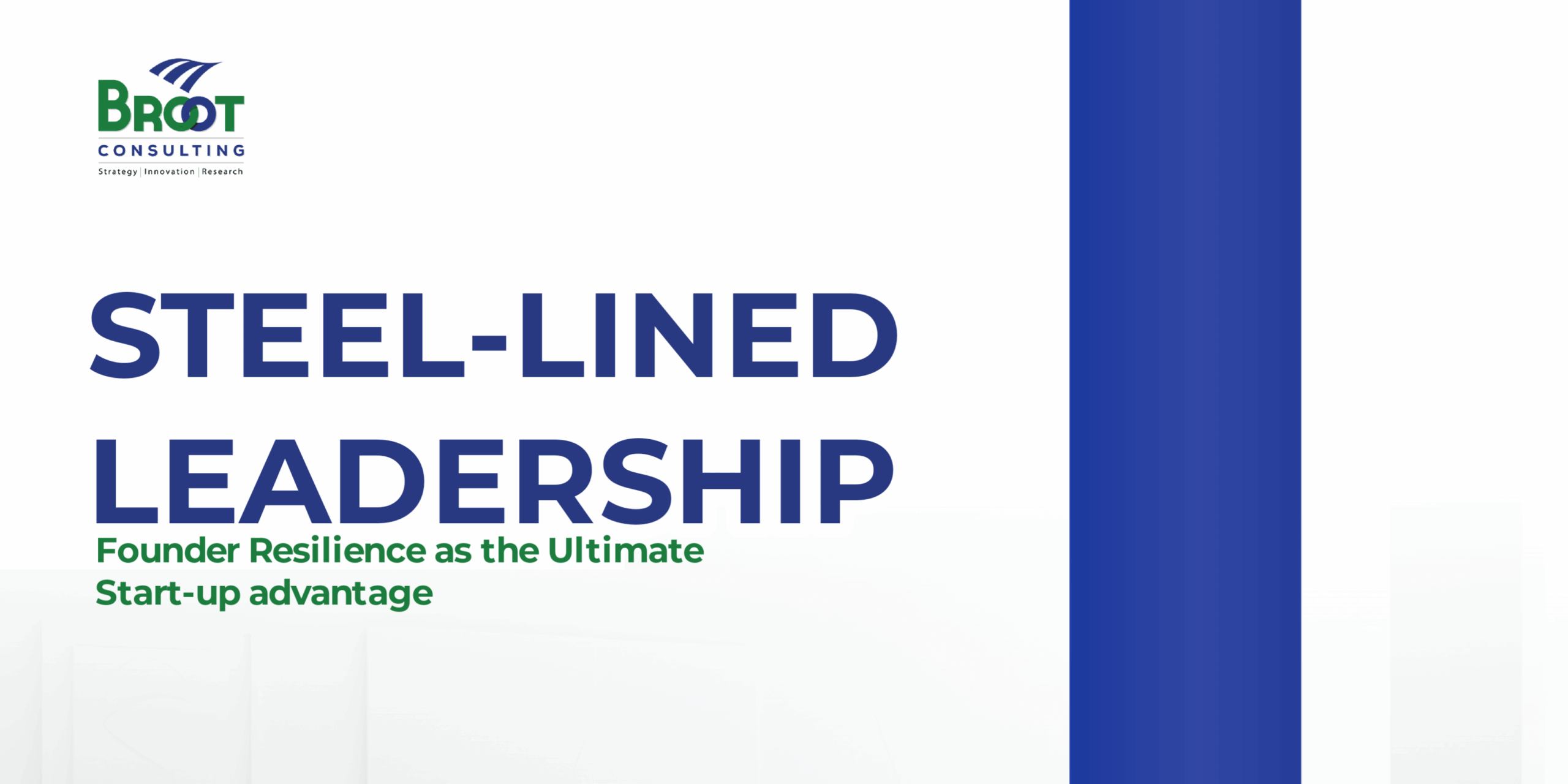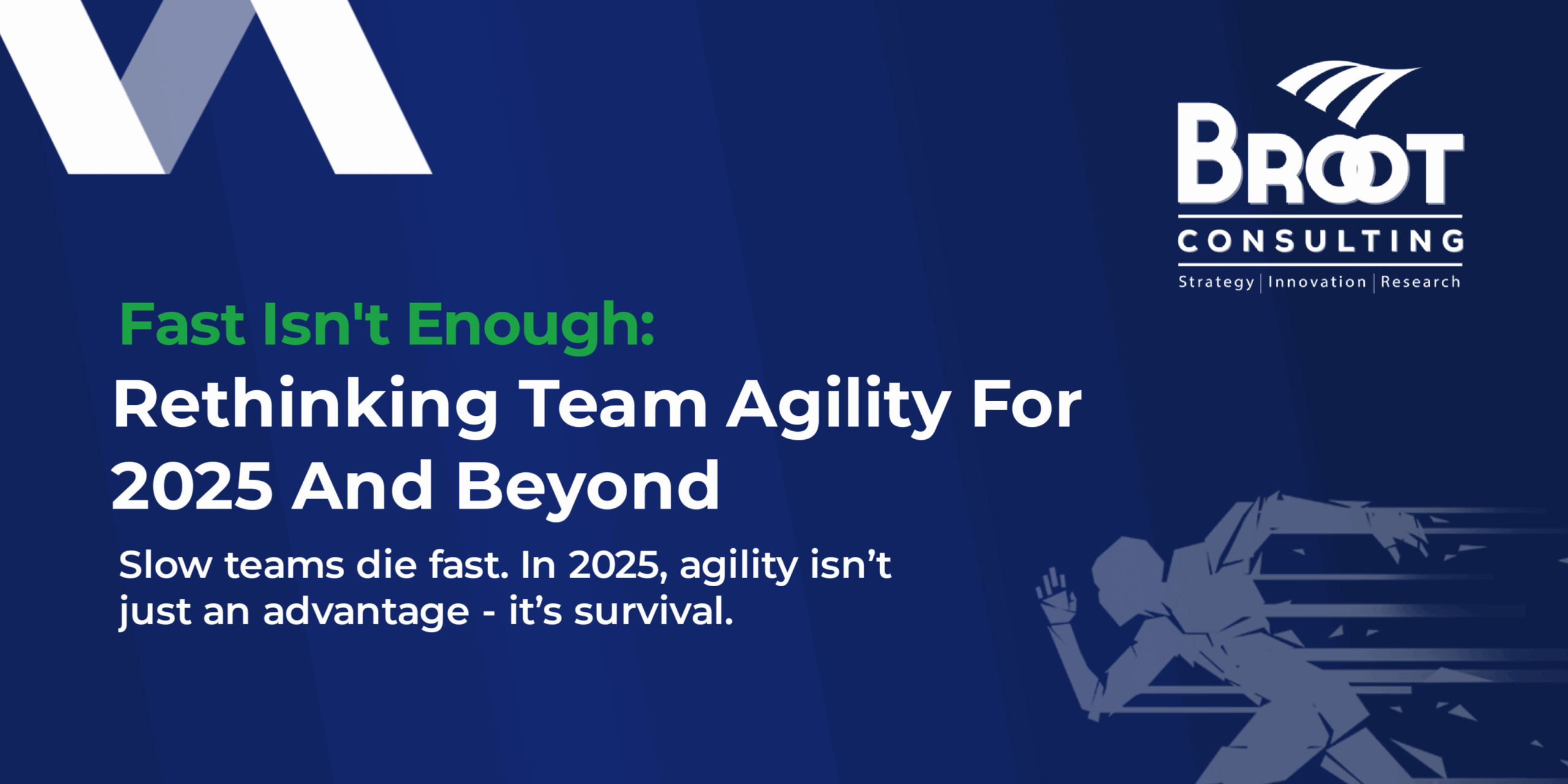We have all at one point in time experienced rejection at an interview. Interestingly, rejection is a feeling that knows no level and position as the feeling of being rejected has no language or culture barrier as it hurts the same. Now do not get me wrong, the feeling after rejection may come in different forms as for some it could be anger, some will feel depression, some sadness, some despair, for others anxiety and others will say they cannot put a name to what they feel. To cut the long story short, interview rejection in however form it is felt, is an unpleasant feeling. Another exhausting aspect is job hunting, which can be exhausting and can as well be a test of your self-confidence. One can almost certainly not escape being rejected for a job at some point in life but this prospect should not be a birth of discouragement. You may begin to believe that your career is doomed, but as tempting as it is to be gloomy, you must be open to the possibility that rejection may be more useful to you than you realise. You will be redirected to something better every time you’re turned down. You may not realise it at that point, but you will be grateful that you were previously rejected after you have been led to a greater opportunity in the long run. A rejection can sometimes be all it takes to convince us that we would be better off pursuing something else, which would provide us with more rewards or experience. Thus, you should take the rejection as the wake-up call you have been waiting for. Should we then say rejection equals redirection? Yes, you have nothing to lose and it will not hurt you if rejection is positively seen as it is a means to unlock bigger opportunities. Regardless, it can be a frustrating experience when rejection is experienced over and over again. How can this be managed? How does one stay hopeful after countless interview rejections? How does one keep going to achieve the end goal of landing one’s dream job? What many do not know is handling an interview rejection is equally important as preparing for the interview.
I remember an incident when I sent a rejection email to a candidate and the candidate responded back questioning why she was invited for an interview if we knew that she was not suitable for the role. Many HR professionals or recruiters will interpret this situation in different ways. Let us settle for an objective evaluation of the situation. The frustration of this candidate is understandable as preparing for and attending an interview could be emotionally tasking (due to anxiety), physically tasking ( if it is a face to face that will require travelling) and frustrating ( if there is a rejection in the end). This does not however excuse the fact that one must be composed and professional to the end. The reason for this is that candidates who are rejected for one job have been known to be recommended for another or similar position within the same organisation. And on some occasions, candidates have been known to be given an offer when the first choice declines. Notwithstanding, the hiring team has to do better in ensuring that rejection emails are not a box ticking exercise. There has to be a show of empathy and appreciation for the time taken to attend. Also, substantial suitability prior to interview invitation must be ensured to avoid resources and time waste for both parties. This in itself is not foolproof as sometimes candidates do not look suitable on their CV but on speaking to them they turn out to be in fact suitable. This could only mean that a fair and efficient approach for both parties will be to conduct a pre-interview phone call or an online 1st interview for suitability check in the case where this is doubted. The intent of the phone call or session must however be made known to the candidate.
It is clear that handling an interview rejection in an efficient way is essential. Here are a few things to try when you receive that rejection email or phone call:
- The first thing is to always remember that it is “nothing personal”: It is not about you or them it is just how it is. This is because hiring decisions always involve so many factors, one of which is stronger candidates. Thus, understanding that sometimes regardless of your preparation it is out of your control. It is never an easy task to do but it is possible. It can be tempting to take rejection personally and blame your lack of success on your abilities or interview style. Do not overthink your rejection; these judgments are rarely made entirely on the basis of your performance. There was little else you could have done if you had properly prepared and given it your all. Just hold on to the thought that you cannot change what is beyond your control and worrying, overthinking or taking it personally will not change a decision that has been made. What you can control is how you react and how you redirect to achieve your end goal.
- Request for specific feedback: Obtaining feedback from the interviewer will assist you in preparing for your next job application. Even if you believe you have hit the ball out of the park, there are still some areas in which you may improve your job search strategy. Getting feedback will enable you to understand the areas that need improvement. In many instances, rejection emails are always generic or vague, asking for specific feedback will enable the interviewer to offer you constructive criticism and suggestions on how you might improve. Also, If your CV isn’t getting any attention it will help if you get a mentor or a trusted colleague to review it.
- Thank the recruiter: Many may find this irrelevant but what do you have to lose? Respond to a rejection email or phone call by thanking the recruiter for the opportunity to be interviewed and indicate that you are open to being contacted for other similar future vacancies. Doing this will not only show you professionalism and politeness, it will show your resilience and show that you have genuine interest in the organisation. This may get you in the favourable book of that recruiter and you may also be recorded in their candidate pool.
- Re-strategise: While most of the job application process is outside the candidate’s control, what you can control is reviewing your mistakes and re-strategising. In an active job market, those who have been unsuccessful for a long time are most likely doing one of three typical blunders. According to Marc Cenedella, founder and CEO of Ladders, a United State-based organisation. “It’s most likely your résumé, interview approach, or how you speak about your previous boss,” he explains. “The best part is that all of them are really easy to fix; you could have them mended today if you wanted.” A re-evaluation of CV/Resume, application materials and approach to answering interview questions is suggested to help reduce rejection.
- Continuous professional improvement: It is natural to think of giving up on learning after one has been rejected in an interview. What’s the point of looking for another job? My skills don’t match the required, why should I add more to what I have in my portfolio? Why should I upgrade my CV when I’ve not even gotten any pay or benefits for what I have? These are the questions that we ask ourselves after rejections. A rejection should be seen as a push to acquiring more knowledge, mastering required skills for the next job. Embracing learning and development only gives you an advantage in being successful in your next interview. This could be a part-time training course (if applicable), online courses, mentorship, or a volunteer role in a company that interests you. While these activities may be done remotely in today’s environment, being professionally active in this way can help with ongoing development, improve confidence, offer you a focus outside of your job search, and provide a topic of discussion in your next interview.
- Networking: Expanding your network is a way to make yourself employable and noticeable to potential employers or recruiters headhunting. Chances are that you probably know how to network, but you’re either too depressed or don’t see the value in doing so. Nonetheless, making the time and effort to contact and establish connections with others is a need that can lead to your future employment. Volunteer or join a LinkedIn Group, connect with recruiters on LinkedIn. Connecting and engaging with recruiters will give you the opportunity to see their available vacancies first hand, put you in their minds and keep your connections strong! Lastly, remember to update your status to “open to work” on your LinkedIn profile.
Like the old saying “ the definition of insanity is doing the same thing over and over again and expecting a different result”. Doing things differently or trying a variety of things is one of the best options to take after rejection. Try to look for jobs one day, follow up with hiring managers the next, and yet another day, dedicate to networking. If you are unemployed and actively job hunting, remember to eat, sleep, dress, exercise, and go outside. Make a schedule for yourself and stick to it! Finally, remain positive and hopeful!.





